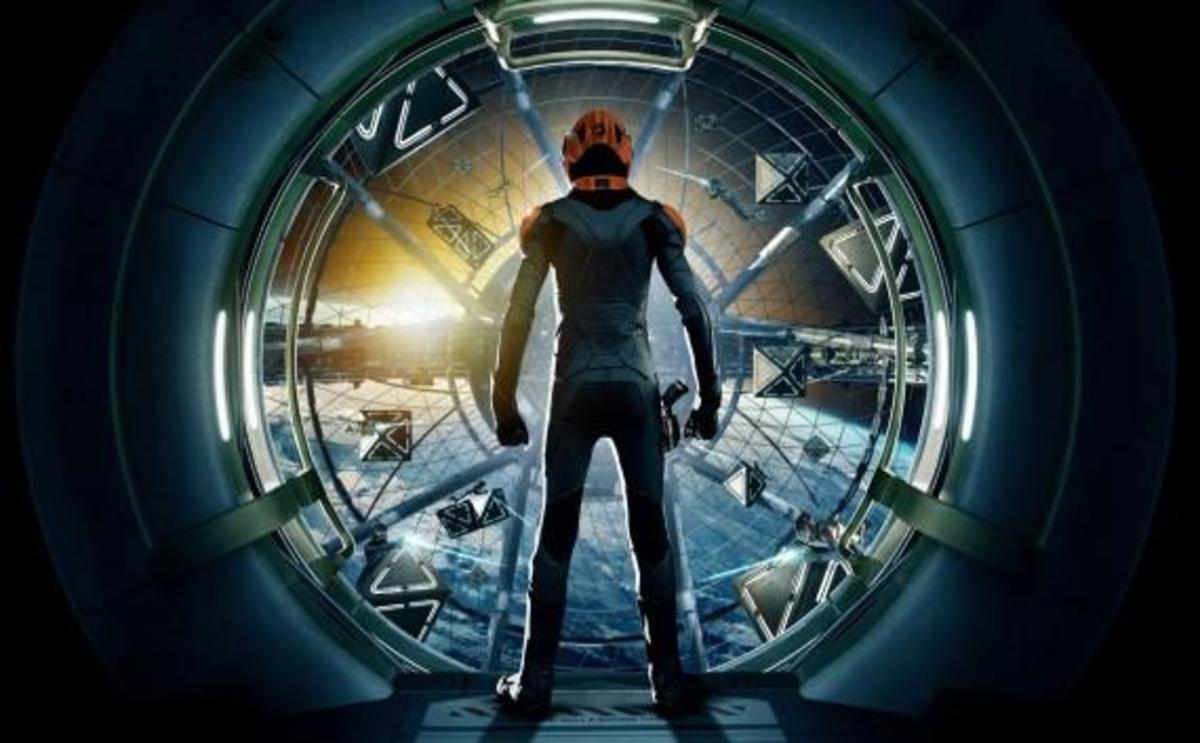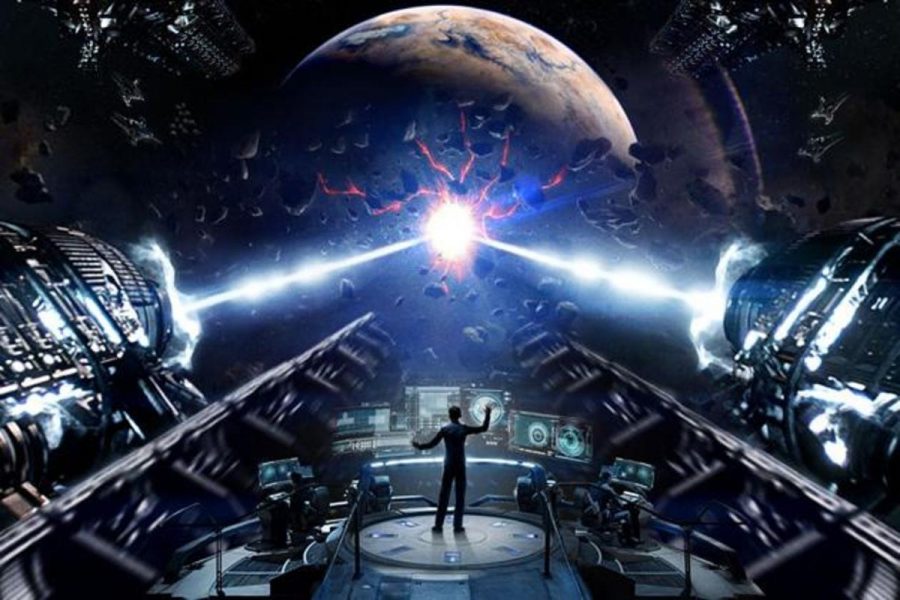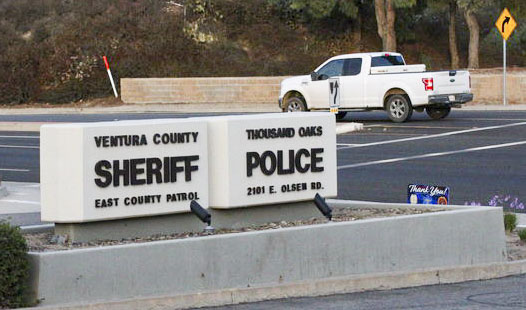Orson Scott Card’s novel “Ender’s Game,” released in 1985, was a powerful story that offered a thought-provoking look into a world not unlike our own-as cliché as that may sound. The film “Ender’s Game,” directed by Gavin Hood, offers all of the cliché but almost none of the thoughtfulness, resulting in an entertaining film that never quite reaches the heights of its excellent source material.
The story of protagonist Ender Wiggin’s skyward ascension up the ranks of Battle School, and into his destined place as a commander of a star fleet, is a stunning representation of the silver lining that morality has when merged with the contrasting emotions of fear and compassion. Ender possesses that compassion, but rids himself of the fear that blinds the people that surround him, which is what makes him such a good commander.
The film seems to understand the basics of these themes, but it really only scratches the surface of their complexity, resulting in a lack of any deep emotion or care when these themes are repeatedly slammed into the audience’s face.
“Ender’s Game” does hit some of the right notes, mostly in its overall well-directed final act. The finale didn’t strike the right amount of emotion that it should have, considering the events that unfurled. Though the filmmakers at did follow through with the novel’s risky yet ultimately effective ending, with a twist that ends up being a bit more predictable on the big screen. The only issue is the speed at which the ending was glossed over, and the lack of impact. The audience wasn’t given enough time to fully grasp what had occurred, and instead the credits rolled before the impact of the ending could be comprehended.
Asa Butterfield delivered a good performance as the smart, tactical Ender, but seemed to have a hard time presenting the compassionate side of our hero. This resulted in some wooden acting that felt awkward next to moments where Butterfield actually shined.
Harrison Fords’ only real job performing as Colonel Graff was to look old and gruff, while dishing out life lessons on the side. It’s safe to say that the reason for Ford’s presence in this film was to increase box office sales, rather than actually give a good representation of the character himself.
Most of the rest of the cast, excluding Ben Kingsley, delivered stale performances that often ruined some moments that could have been really great. Kingsley also only uttered a few sentences in the whole film, while most of the cast really should have been reduced to less.
The film’s imagining of the Battle Room was impressive, even though not nearly enough time was spent in Battle School, and some odd changes to the rules of the games lessened the experience of these early parts of the movie. These rule-changes included an odd “golden snitch” rule that allowed a team to win the game just by passing through the enemy gate.
Book readers will also be disappointed to discover that a very important plot point was omitted from the film completely, which involved a focus on Peter and Valentine Wiggin. These characters were hardly developed or explored at all in the film, which unfortunately put Ender at the center of attention for the entirety of its somewhat short 2-hour runtime.
“Ender’s Game” does provide an entertaining reason to watch some impressive sci-fi effects, but its overall focus on the impact of its source material is often muddled and lazy.

Ender Wiggin (Asa Butterfield) enters the Battle Arena in this promotional poster for “Ender’s Game.” Courtesy of Lionsgate.






